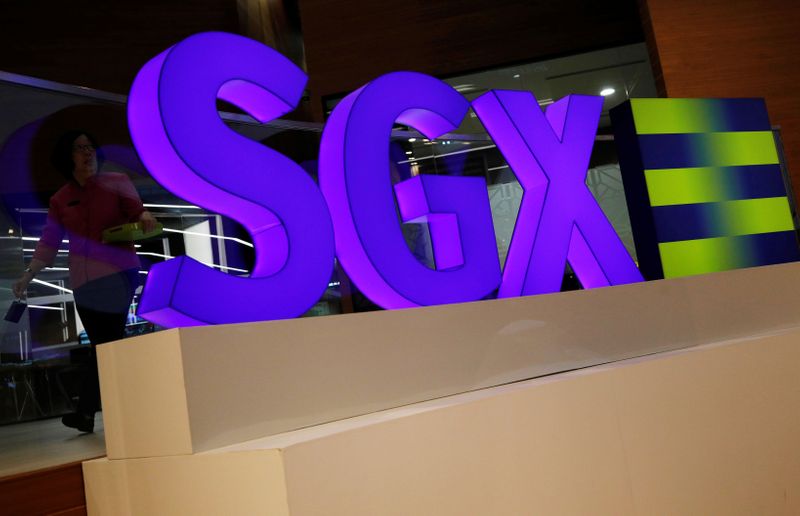Asian stocks fall on virus worry, China stock rally pauses
By Administrator_India
Asian shares and U.S. stock futures fell on Friday as record-breaking new coronavirus cases in several U.S. states stoked concerns that new lockdowns could derail an economic recovery, while investors looked forward to earnings season.
MSCI’s broadest index of Asia-Pacific shares outside Japan fell 0.76%. Australian stocks dropped 0.42%, while Japanese stocks declined by 0.4%.
Shares in China fell 0.72%, the first decline in more than a week, as investors booked profits on a surge in equities to a five-year high.
E-mini futures for the S&P 500 erased early gains to trade down 0.01%.
The Antipodean currencies fell and the yen rose as traders shunned risk and sought safe havens.
More than 60,500 new COVID-19 infections were reported across the United States on Thursday, the largest single-day tally of cases by any country since the virus emerged late last year in China.
That heightened concerns that renewed lockdowns could hurt the economic recovery.
The number of Americans filing for jobless benefits dropped to a near four-month low last week, data showed.
But investors remained cautious as the report also said a record 32.9 million people were collecting unemployment checks in the third week of June, supporting expectations the labor market would take years to recover from the COVID-19 pandemic.
On Thursday, the Dow Jones Industrial Average fell 1.39% and the S&P 500 dropped 0.56%, but the tech-heavy Nasdaq rose 0.53% to its fifth record closing high in six days.
Mainland China shares fell on Friday for the first time since June 29. Shares had surged to the highest since 2015 on Thursday, fueled by retail investor enthusiasm and policy support, even as regulators cracked down on margin financing and as state media warned of market risks.
The rise in China’s mainland equities has some similarities to the bubble there five years ago, but it is not yet close in scale, and prices could continue to inflate for some time, said Capital Economics economist Oliver Jones.
Fueled by illegal margin lending, the 2015-16 market bubble saw the benchmark Shanghai index fall more than 40% from its peak in just a few weeks.
In the currency market, the yen edged up against the dollar and the euro as investors bought the traditional safe haven.
The Australian and New Zealand dollars, which are often traded as a liquid proxy for risk because of their close ties to China’s economy, both fell against the greenback.
The Aussie also fell as local officials use lockdowns and border restrictions to contain a sudden increase in coronavirus cases.
U.S. crude fell 0.23% to $39.53 a barrel, while Brent crude edged 0.02% lower to $42.34 per barrel due to concerns about a long-term decline in global energy demand.

